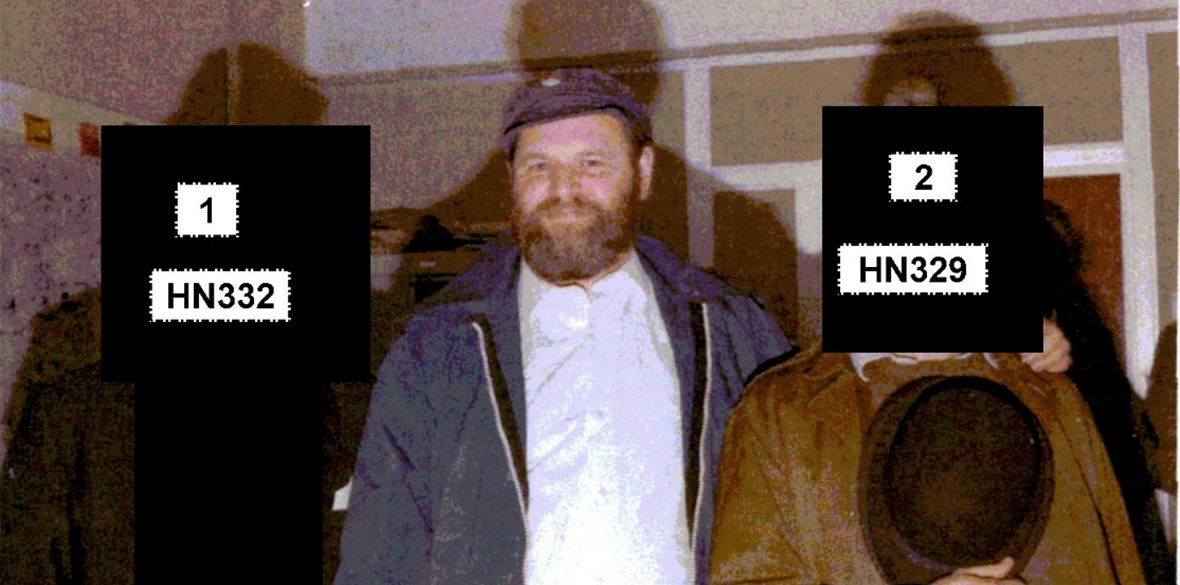This is the last article you can read this month
You can read more article this month
You can read more articles this month
Sorry your limit is up for this month
Reset on:
Please help support the Morning Star by subscribing here
by Bethany Rielly
THE first spycops to infiltrate protest groups received no training or guidance on how far they could intrude into campaigners’ private lives, a public inquiry has heard.
Giving evidence to the Undercover Policing Inquiry yesterday, former officer John Graham — his cover name — revealed that officers were not given guidance on ethical and legal limitations during their deployments.
Mr Graham, whose real name has been restricted, was among the first 12 officers to work with the newly formed Special Demonstration Squad (SDS) between 1968 and 1969.
His hazy account provided a limited but significant insight into the early days of the SDS which went on to spy on more than 1,000 protest groups over the next four decades.
Over that time Mr Graham infiltrated the Vietnam Solidarity Campaign — the first target of the SDS – and the Revolutionary Socialist Student Federation.
His account implied that few limitations were imposed on the officers during their deployments: “To my knowledge, I never received any specific advice, guidance or instruction about the ethical or legal limitations placed on my role over and above that which I knew applied generally by virtue of being a police officer.”
He also said that he did not remember receiving specific advice or guidance on “how far it was acceptable to become involved in the private lives of others” or whether it was prohibited to enter sexual relationships.
The absence of rules from the offset is likely to have contributed to the gross abuses of power carried out by undercover officers in the years that followed, such as long-term intimate relationships with activists.
In his reports, Mr Graham recorded information such as people’s sexual orientation, the racial make-up at meetings and even when children of campaigners were present.
He told the inquiry that he did not see any violence, or incitement of violence by the VSC during protests.
However when asked by the inquiry’s lead counsel David Barr on his opinion on the unit, Mr Graham maintained that the orginal group “were the finest representatives of Special Branch and they were excellent officers who did exactly the proper job.”
The evidence session was also marked by an extraordinary clash between the inquiry chair John Mitting and Rajiv Menon QC, the barrister of veteran activist Tariq Ali.
Mr Menon requested permission to ask further questions of the witness relating to why the VSC was targeted.
All but one of his seven questions were refused by Mr Mitting, who said he had to “keep order in the proceedings.”
When Mr Menon said he did not understand the ruling, Mr Mitting said: “You may ask your questions or you will be silenced.”
Mr Mitting’s refusal prompted a cry of indignation from campaigners in the viewing room at the Alma Hotel in central London.
Campaigner Tom Fowler, who was spied on by cop Marc Jacobs, posted on social media: “Clearly what he means by ‘order’ is not the smooth running of the inquiry, but rather there not being any line of questioning that is not in line with his own views.”

 Bethany Rielly
Bethany Rielly








